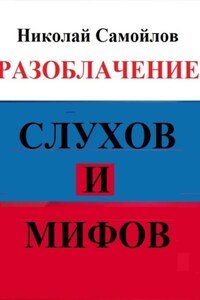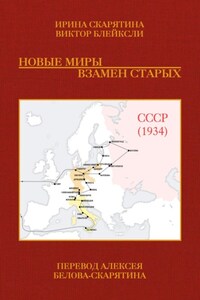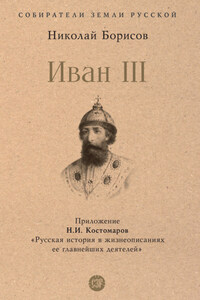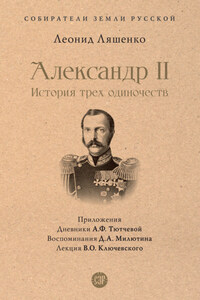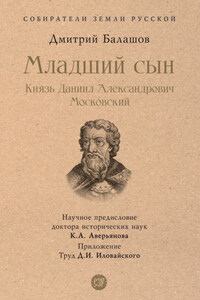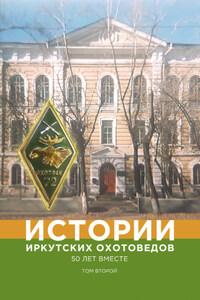The Hellenistic World

The vast land empire that Alexander the Great left to his successors was without parallel in Greek history. Alexander’s family and generals created a new order of monarchies and city-states which was to control most of the territory between the Adriatic Sea and western India for three hundred years.The term ‘hellenistic’ is commonly used to describe this world in which Greek was the lingua franca.Greeks flocked southwards and eastwards to found new settlements or to enlist in mercenary armies in search of their fortunes, confident in their status as members of a new ruling class. Inevitably there were upsets and clashes as indigenous peoples and cultures were absorbed, often unwillingly, into the encroaching wave of hellenism.With extensive use of quotations from original source material, this far-ranging study examines the political events in the hellenistic world from Alexander’s death until its incorporation in the Roman Empire. It also describes the different social systems and mores of the peoples under Greek rule, important developments in literature, science and technology and the founding of new religious movements. The author has assimilated all pertinent recent scholarship in the filed, and fashioned an absorbing and highly readable account of a vast and complex society whose ideas and achievements form the bedrock of present-day western civilization.
